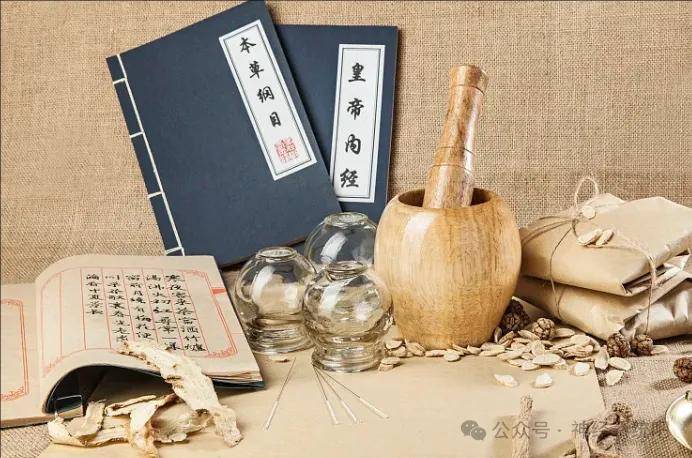Anxiety disorders, as a common psychological disorder, seriously impact the quality of life for patients. Although modern medicine has achieved some results in the treatment of anxiety disorders, many patients still face the trouble of recurrence. Traditional Chinese medicine (TCM), with its unique theoretical system and treatment methods, provides new ideas for the prevention and treatment of anxiety disorders.
In TCM theory, anxiety disorders are often related to emotional disturbances and dysfunctions of the internal organs. The heart governs the mind, and the liver regulates the flow of emotions; if there is disharmony in the heart and liver, it can easily lead to emotional blockages, resulting in anxiety. Additionally, insufficient qi and blood, as well as internal phlegm and dampness, may also be factors in the onset of anxiety disorders.
According to TCM practitioner Wang Shilong, emotional factors are significant triggers for anxiety disorders. Prolonged exposure to stress, tension, anger, and worry can damage the functions of internal organs, especially the heart and liver. Even if symptoms alleviate after treatment, if the patient is unable to effectively regulate their emotions in daily life and continues to experience excessive anxiety and tension when faced with stress, it is easy for the condition to recur. For example, a patient developed an anxiety disorder due to work pressure, and after receiving herbal treatment and psychological guidance, the symptoms diminished. However, in subsequent work, facing high-intensity tasks and interpersonal conflicts, the patient failed to adjust their mindset and fell back into an anxious state.
TCM also emphasizes the differences in individuals’ constitutions. Some people are inherently weak, suffering from issues such as insufficient qi and blood or liver stagnation. When treating anxiety disorders, if only the symptoms are addressed without improving the underlying constitution of the patient, external factors can easily trigger a recurrence. For example, a patient with a qi and blood deficiency type of anxiety disorder may have their symptoms disappear after treatment, but if they do not continue to nourish their qi and blood, experiencing a serious illness can leave them physically weak, leading to a relapse of anxiety.
Wang Shilong’s recommendations for TCM adjustments
(1) Emotional regulation
Psychological guidance: Through communication with patients, help them recognize the impact of negative emotions on health and guide them to learn how to cope with stress and negative emotions effectively.
Meditation and relaxation training: Techniques such as deep breathing, yoga, and tai chi can help soothe the body and mind, reducing anxiety.
Emotional counteraction methods: Applying the principles of the five elements’ mutual restraint, use different emotions to regulate excessive emotions, such as “anger overcomes thought” and “joy overcomes worry.”
(2) Constitution adjustment
Herbal treatment: Select corresponding TCM prescriptions based on the patient’s constitutional imbalances for adjustment.
Dietary regulation: Develop a reasonable dietary plan according to the constitution. Those with qi and blood deficiency should consume more red dates and longans; those with liver stagnation should avoid greasy and spicy foods.
Daily routine: Maintain a regular schedule, ensure sufficient sleep, engage in appropriate exercise, and strengthen physical condition.


